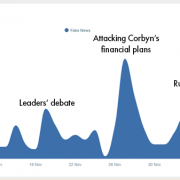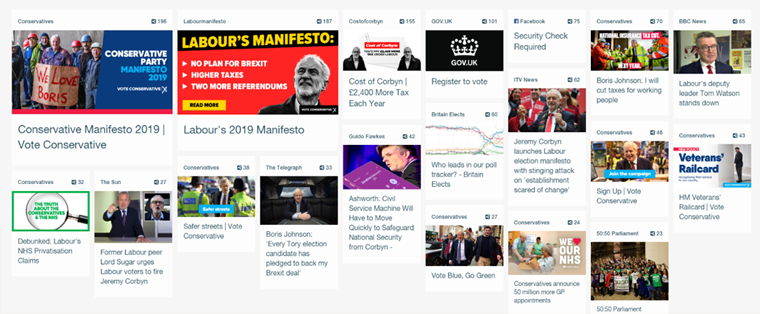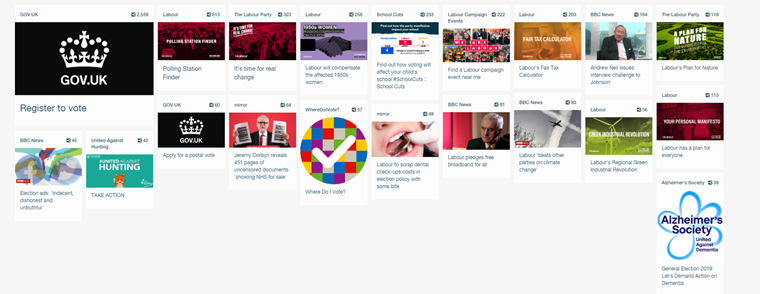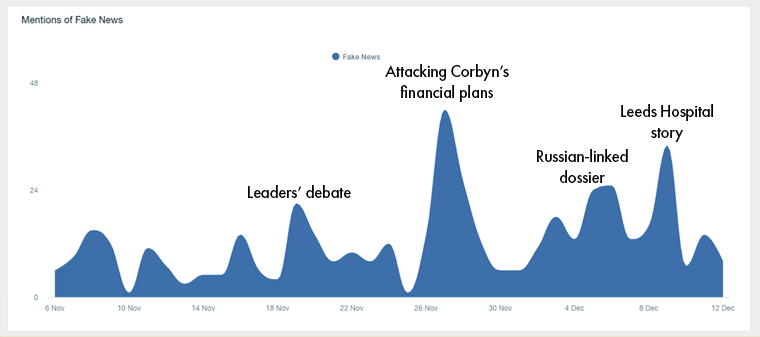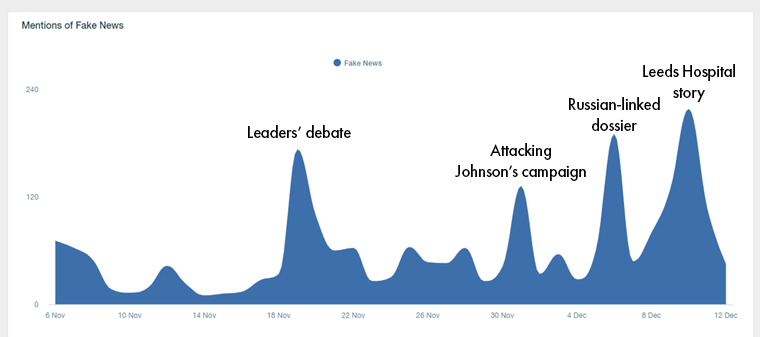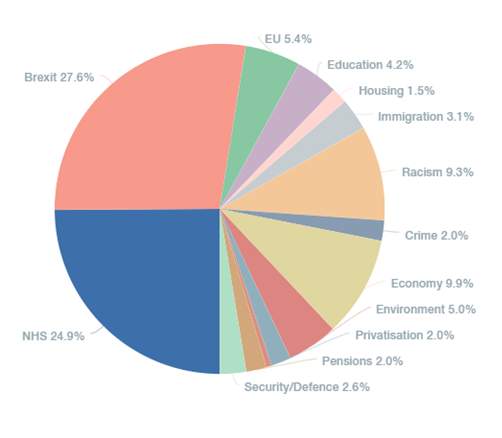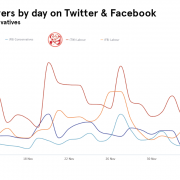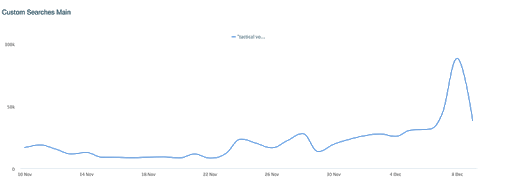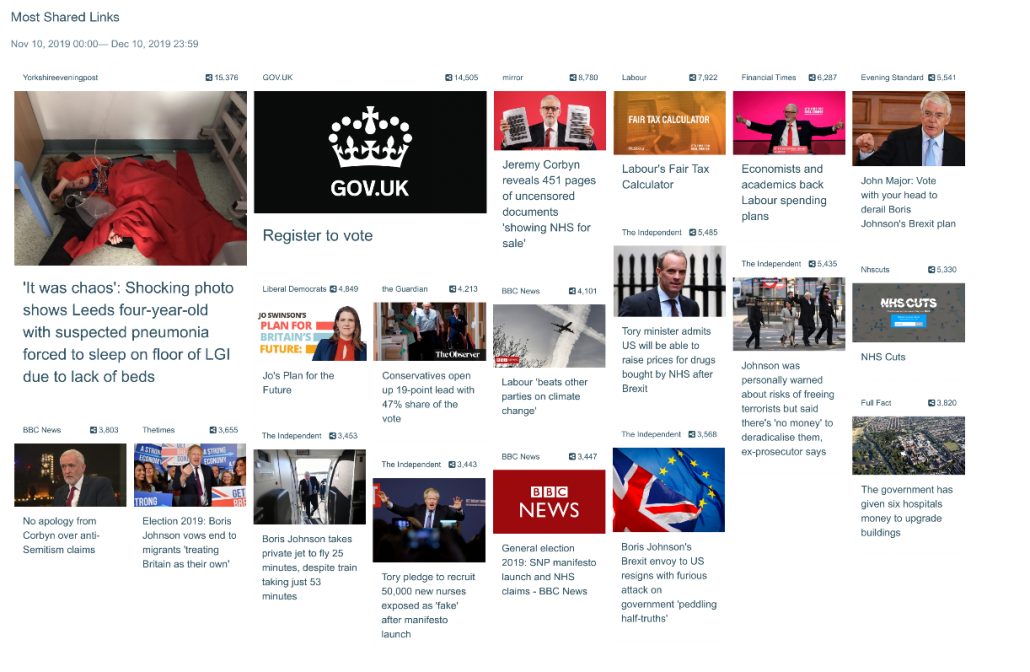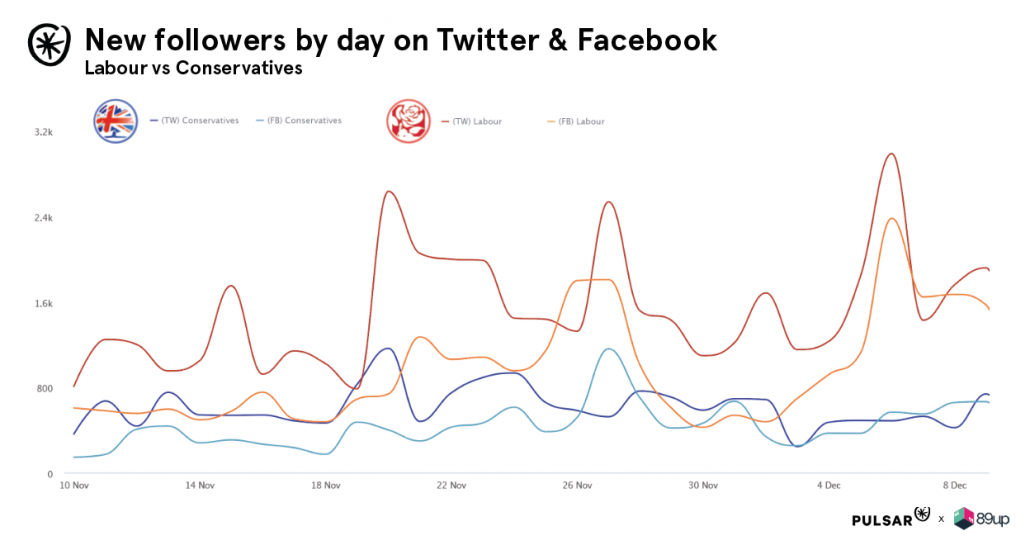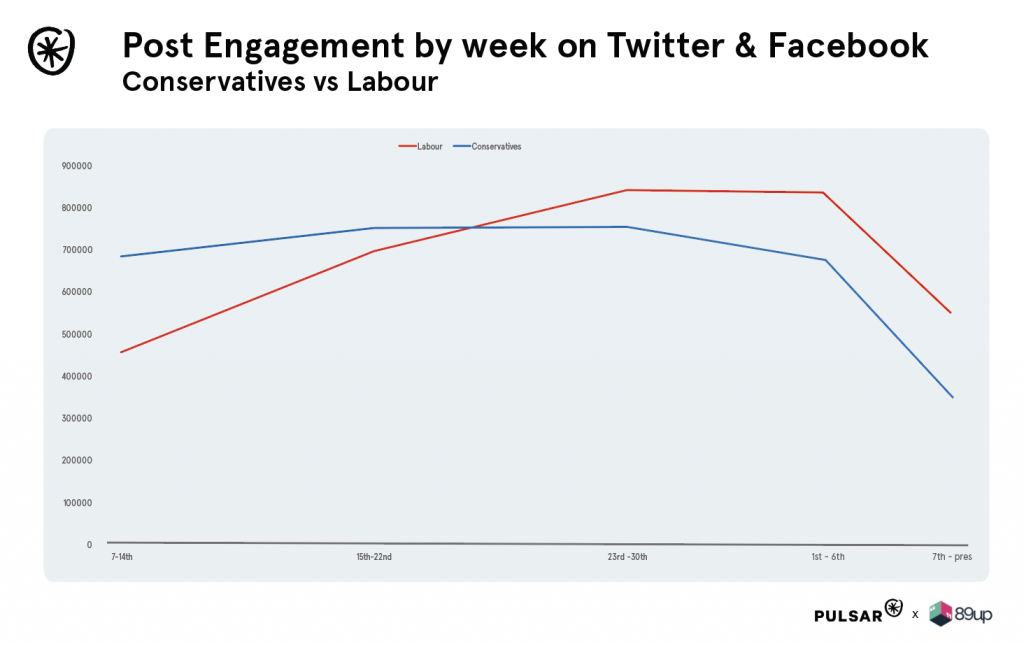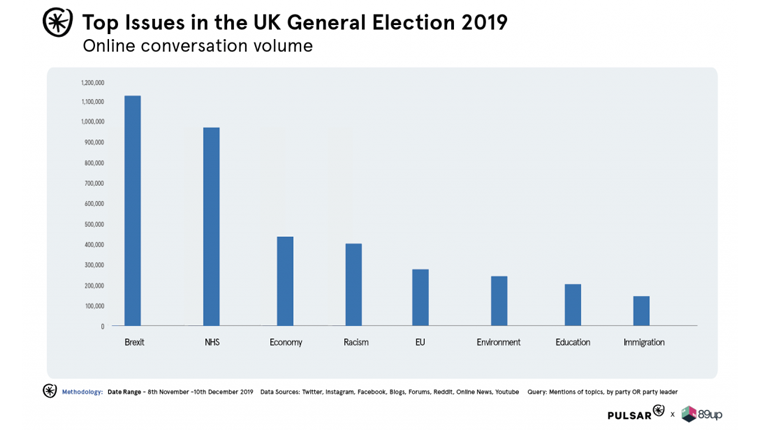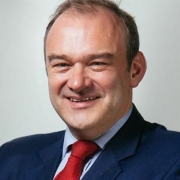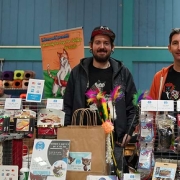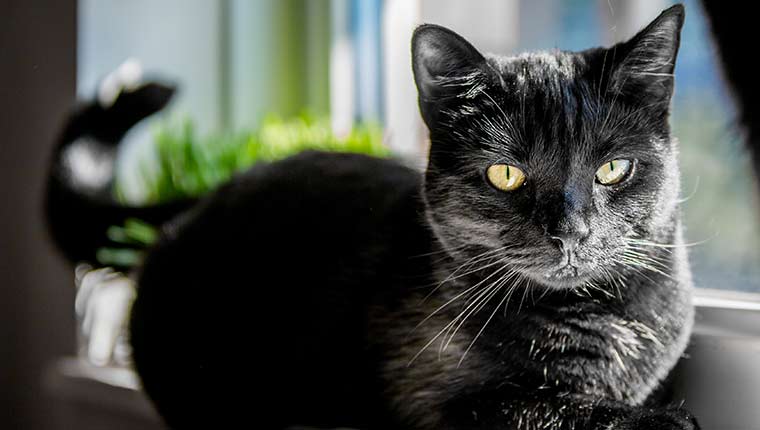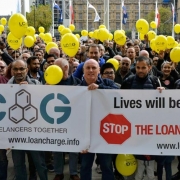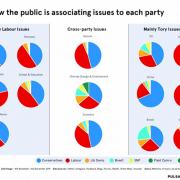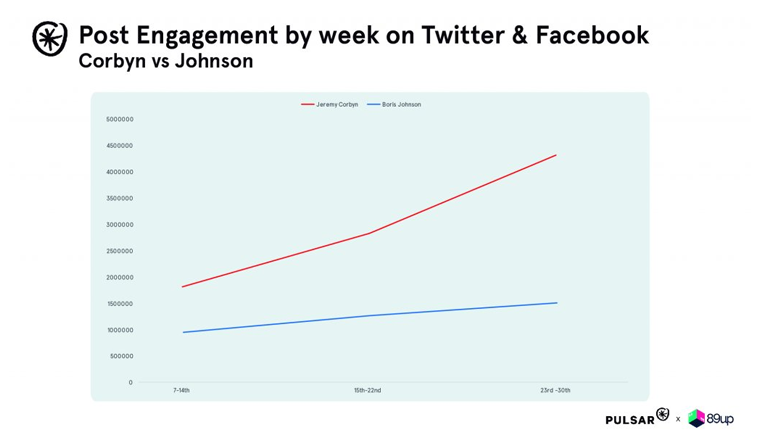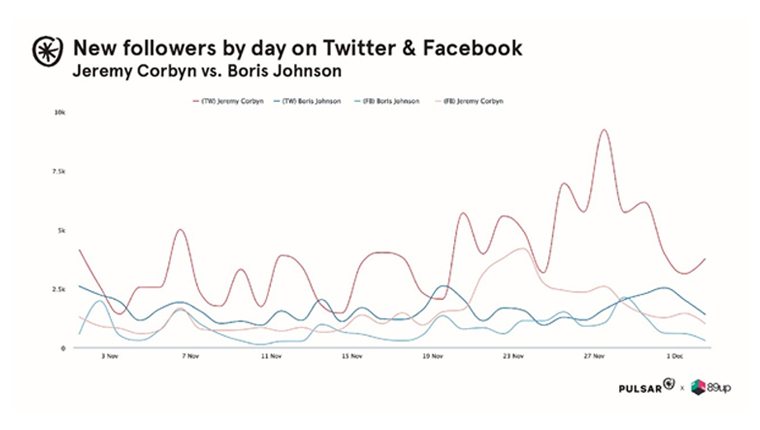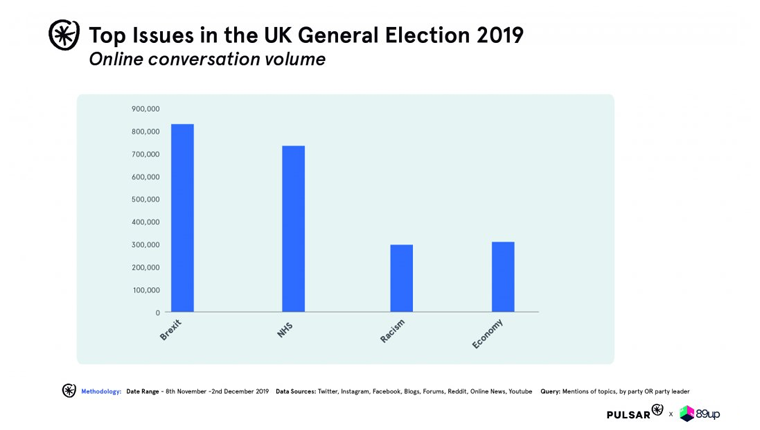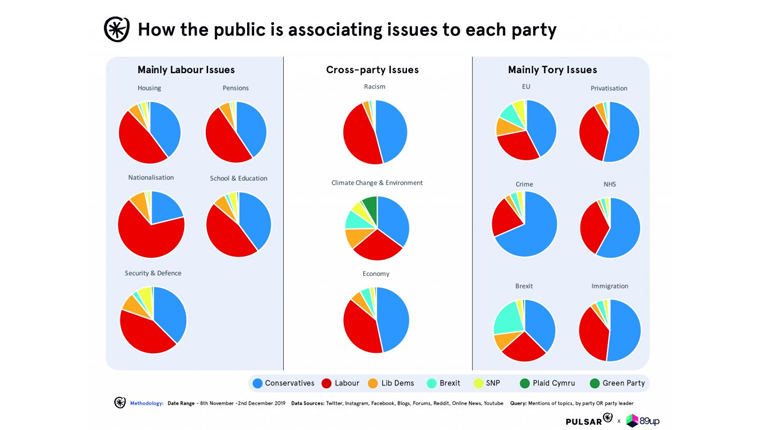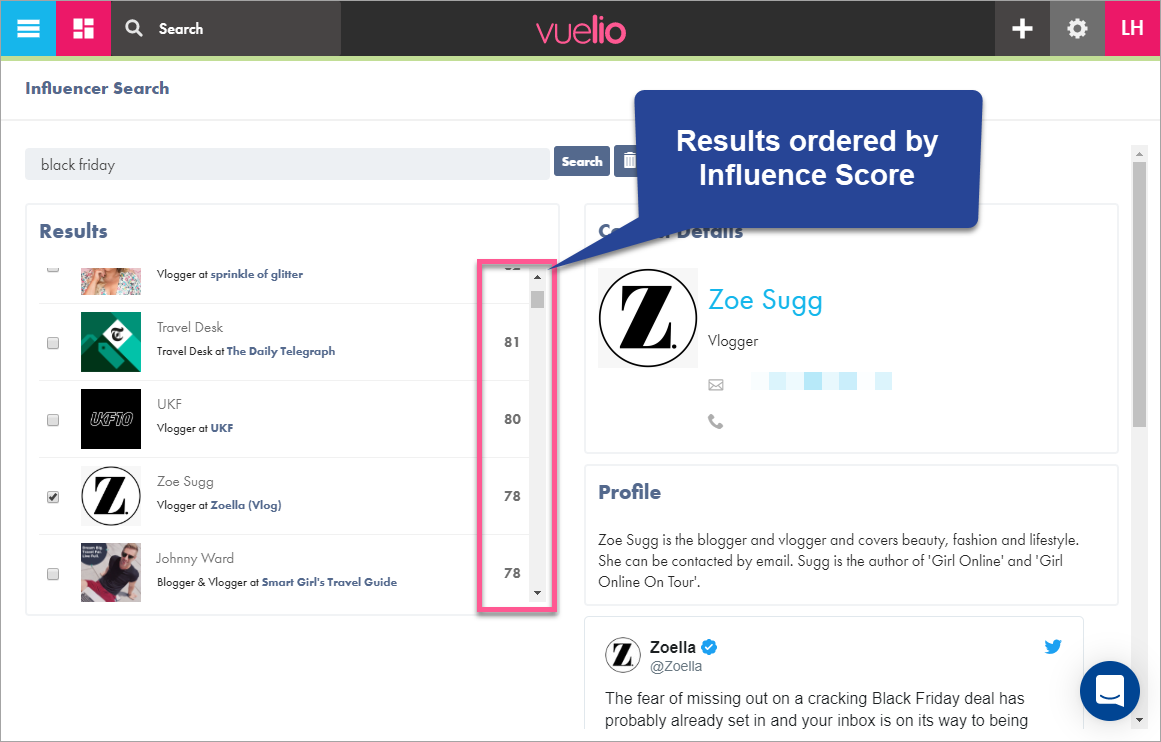‘There is no finer place to be than tech PR,’ believes Positive Marketing founder and CEO Paul Maher. Originally started in 2009 with an aim to reach across the Atlantic divide to tech leaders in the US, the agency is now a top thirty PR firm and award-winning consultancy, using all the technology at the PR industry’s disposal – video, memes, AI – to tell a story.
Bringing together experience from diverse backgrounds is how Positive promotes the new tech it’s excited about, with graduates from law, chemistry, economics and even art on the team. Paul’s past as a tech journalist as well as in-house roles at HP, VMWare and Mercury have helped – Positive is the only European agency to have been certified by the creators of B2B Tech Category Design, authors of ‘Play Bigger’.
Paul shares what he sees as the big challenges coming up for tech PR in 2020 and what he misses from the PR industry of ten years ago (it’s been a busy decade).
What were your original aims when founding Positive?
We wanted to create a way for UK-based tech leaders to gain the awareness of tech leaders in the US. I knew, from my time at HP and VMware, if we did this and stayed true to our roots in B2B tech we would be able to create amazing careers for young European talent.
Having worked in both journalism and PR, what do you bring to Positive in approach and skillset?
Our approach is entirely-driven by the excellent British tradition of independent journalism. Even if these days we may be delivering a video, a meme or an entire campaign fronted by PR, we have never forgotten the basics of storytelling. It’s all about angles, headlines and deadlines.
The Positive team has experience in a diverse set of sectors including Law, Chemistry, Economics and Art – how do these give Positive a different perspective on the tech industry?
Almost every industry has been ‘eaten by software’, so our diverse backgrounds really are a key differentiator. While everyone at the firm shares a massive love of tech, it’s what we do, they also bring specific experiences which really help. For instance, when you think about data compliance, it helps to have legally-trained team members, when we work with industrial software companies, it pays to understand what a catalyst is. The blend of tech and sector-specific experience is becoming critical to stand out in a world of PR generalists.
What do you see as upcoming challenges for the tech sector in 2020, and how are you preparing to help clients with them?
The tech sector is about to see change like never before. Politicians have woken up, some would say decades too late, to the power of tech to provide and eliminate jobs, to evolve economies and to simultaneously boost and hinder personal freedoms built on privacy. Not being ready for techlash, or thinking tech for tech’s sake is good enough, will not cut it. We are working with upscaling our clients’ messages to meet these new challenges. Soon we believe there will be nowhere for the disinterested or apathetic to hide.
Do you work with influencers? How, and which kind of campaigns do you think they work particularly well for?
The traditional influencers in this market are analysts like Gartner and IDC. A lot of people pay their ‘taxes’ and hate doing so. We work with an increasing number of experts who work in the grey space between analysts and consultants, often what is unfairly called ‘Tier 2’. This is a much smarter use of time and budget. Often these are people motivated by a professional passion and who can help us broadcast a message, with some degree of independence, which our clients value greatly. The proliferation of podcasts and vlogs, both owner and earned, are now a regular part of our repertoire.
What is an example of great PR you’ve seen over the last few years that made you think ‘I wish we’d worked on that’?
In B2B tech it is hard to think of a more inspiring shot than when Space-X synchronised the landing of their rockets. Poetry, ballet and literally a picture that launched a million words. The rebel in us loved Amazon switching off Oracle kits – regardless of the veracity of the story. On the B2C side, Paddy Power and Greggs are our sort of irreverent brands.
AI is a big story in PR and journalism at the moment – do you see it having an impact at Positive?
As the agency behind Big Data London, the largest data show in Europe now, we know more than most about AI. As it relates to our work, there will be a lot of change from bot-written financial stories, to deeper online sentiment analysis. Ultimately stories are not what AI does, it merely pulls together data points, so we will be augmented by AI, as we already are with several of the digital tools we use. As you might expect, we are very much up for embracing this exciting new tech.
With so much having changed in the industry over the last decade, what do you miss about the PR industry from ten years ago?
Easier to say what is not missed; pointless product launches, snooty entitled tech analysts, advertorial masquerading as earned media, heaving printed press packs around shows and clippings books. If we do have to get misty-eyed, perhaps we miss proper off-site agency planning days, international press trips and the sheer joy of explaining at social gatherings that tech PR is not tech support and they would have to fix their printer or WiFi themselves. These days most people actually understand what tech PR is all about.
Which magazines, columnists, blogs, or podcasts are vital reading/listening for people working in tech PR?
This has changed a lot. Clearly the tech writers on nationals and broadcast media are of interest, but we need to be ‘more upstream’ to predict what will interest them and the general public they cater to. This means now tech PRs need to be across the blogs and podcasts of all the major players as well as the core tech media and it also helps to keep an eye on what the VC industry is funding. There’s never enough time and so being smart about feeds is just good business.
What’s the most positive thing about working in PR today?
If you like technology and have the sort of crazy curiosity which we all share, there is no finer place to be than tech PR. Because tech touches everything and B2B tech remains the foundation of almost every human innovation today, this is the perfect moment to be at the forefront. Apart from coding, there is no better way to get to the heart of the human genius which drives the world’s economies. Who would not want to be a critical part of that?
Find Paul and Positive Marketing on Twitter, Facebook and Instagram and connect with top tech influencers and journalists on the Vuelio Media Database.


